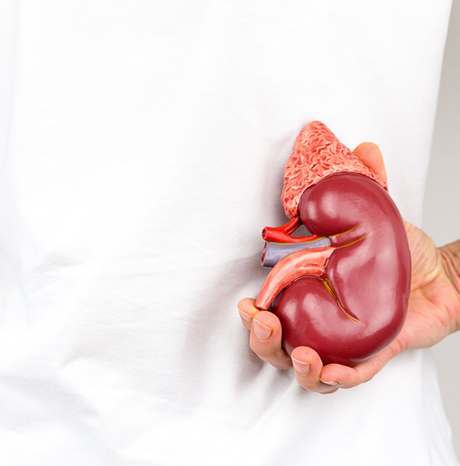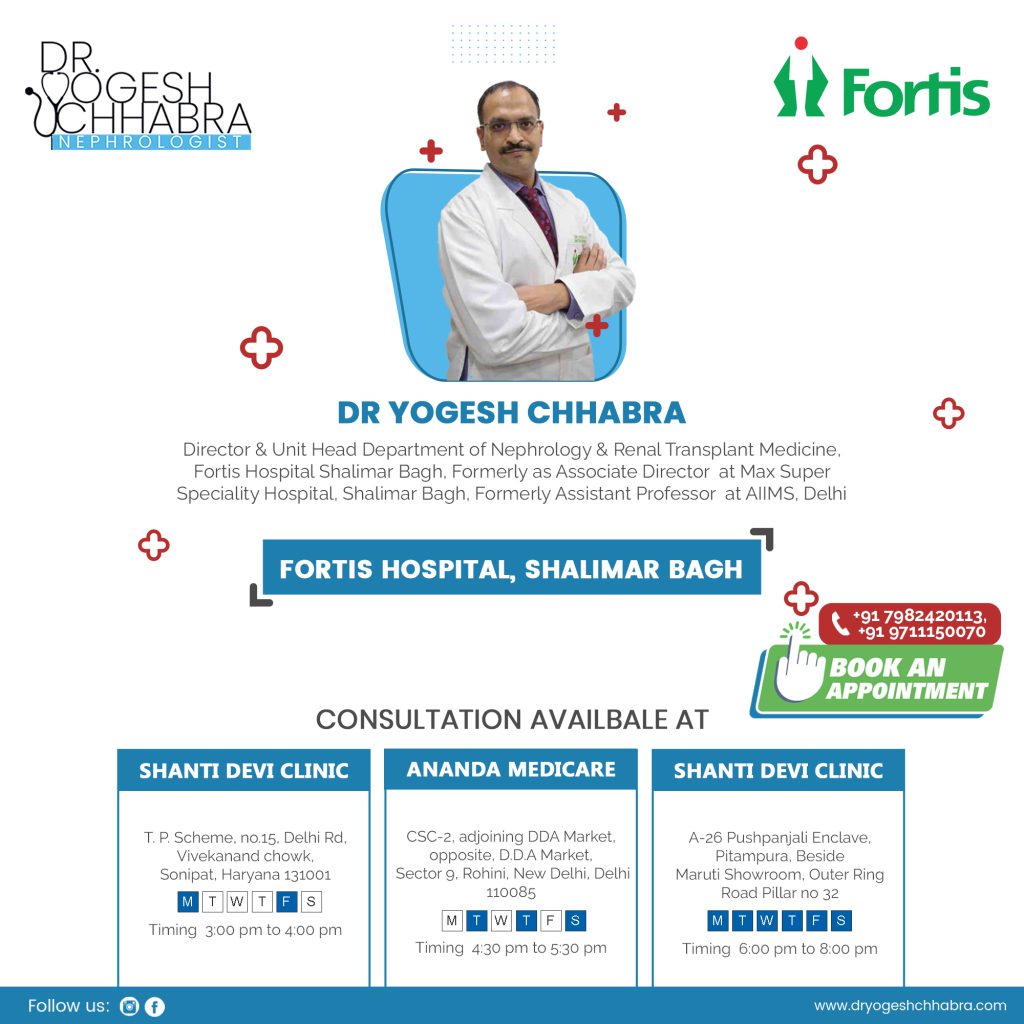Haemodialysis
Haemodialysis is the most commonly used modality of renal replacement therapy for end stage renal disease and some cases of acute kidney injury. A vascular access required for it could be a Arterio- venous fistula, Arterio venous graft or a dialysis catheter (tunneled or non-tunneled). Option (Intermittent haemodialysis, SLED or CRRT) might vary depending upon the underlying cause of renal failure, associated comorbidities and haemodynamic stability of the patient.






